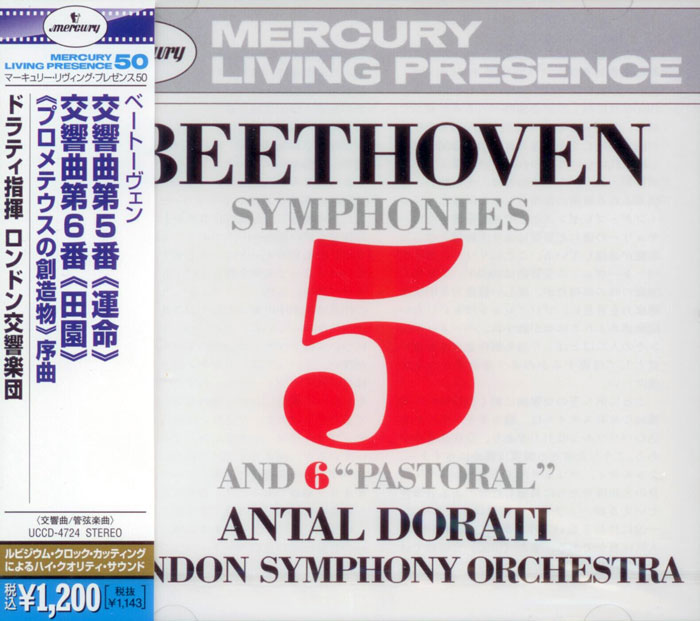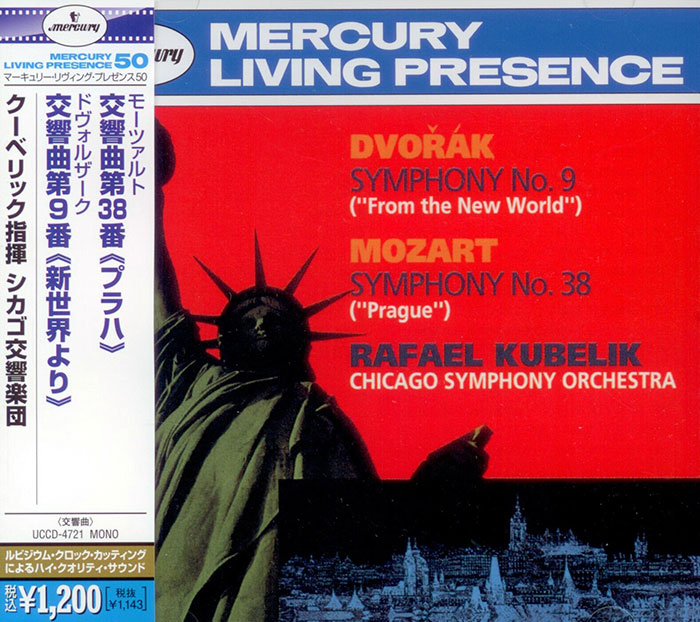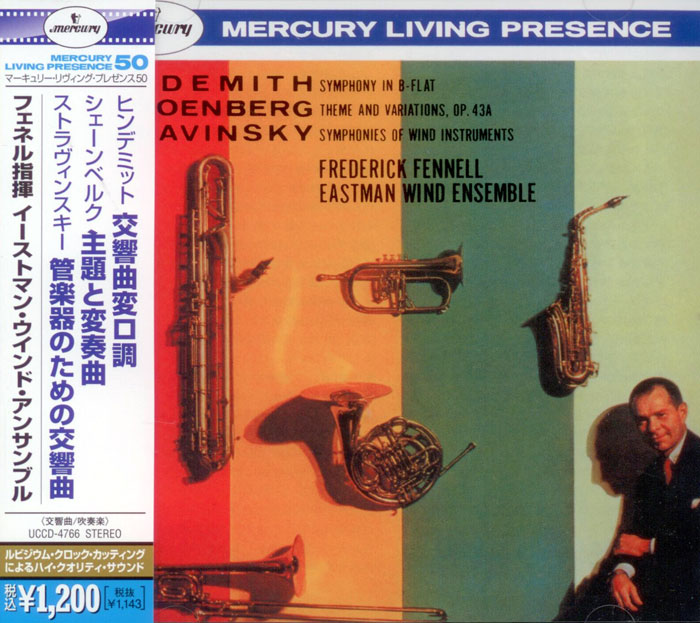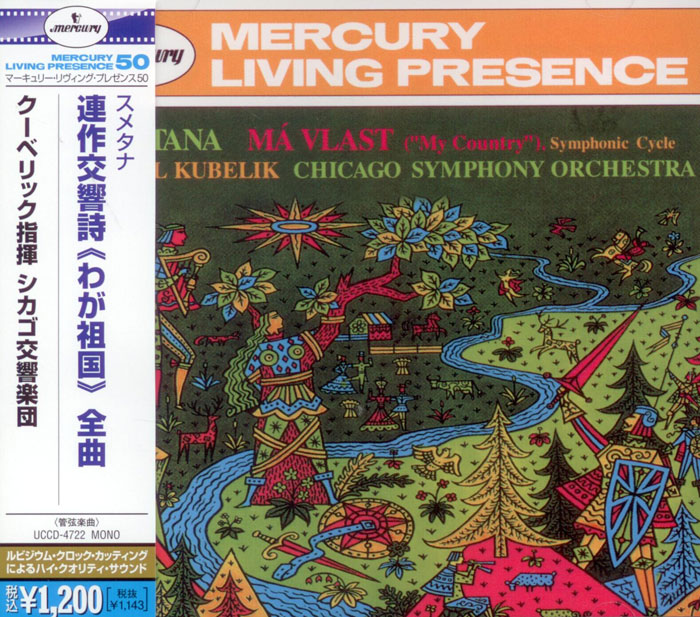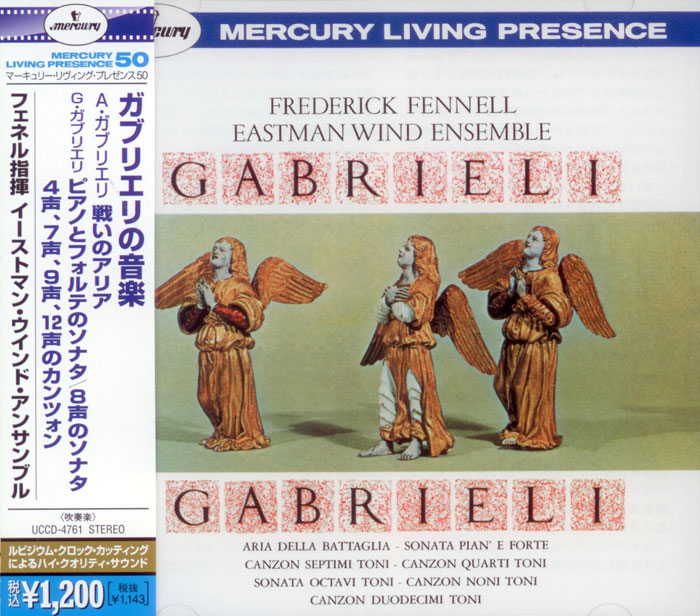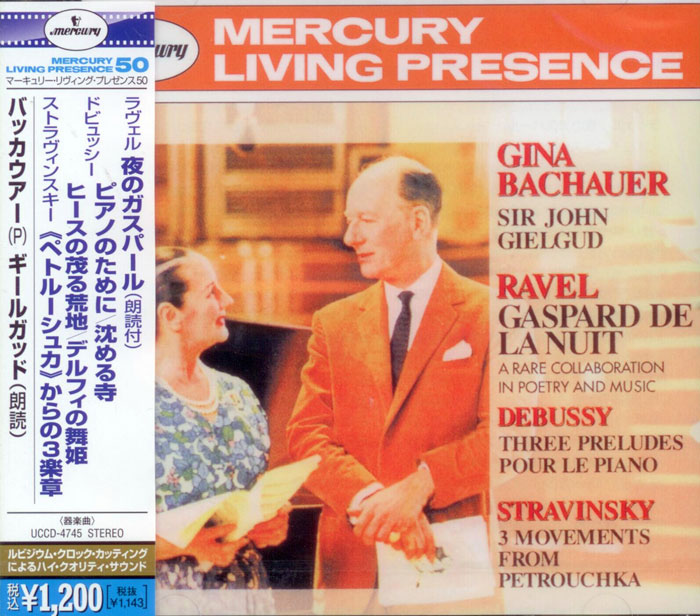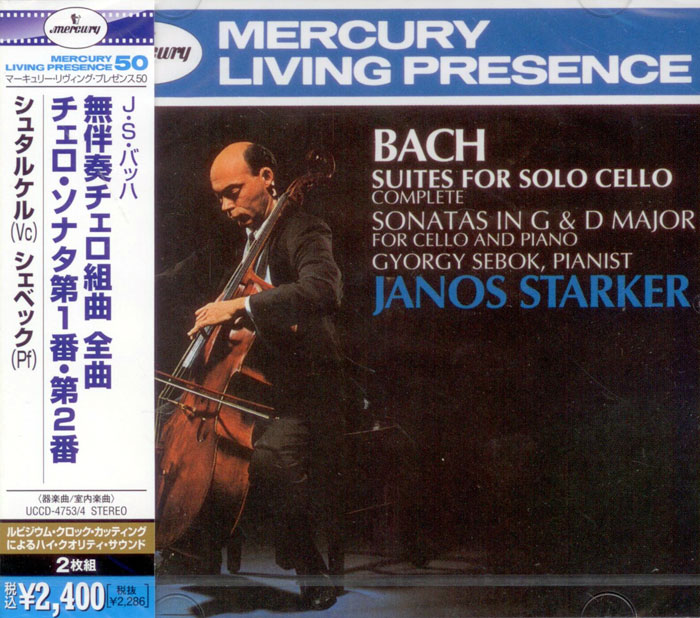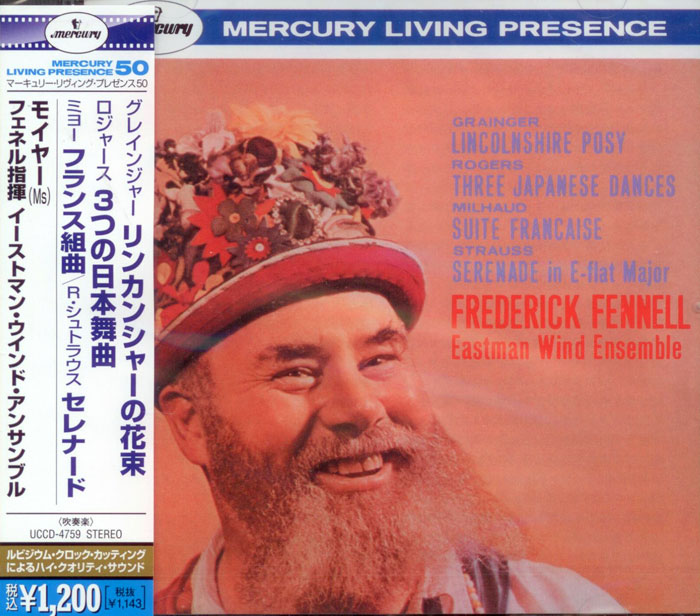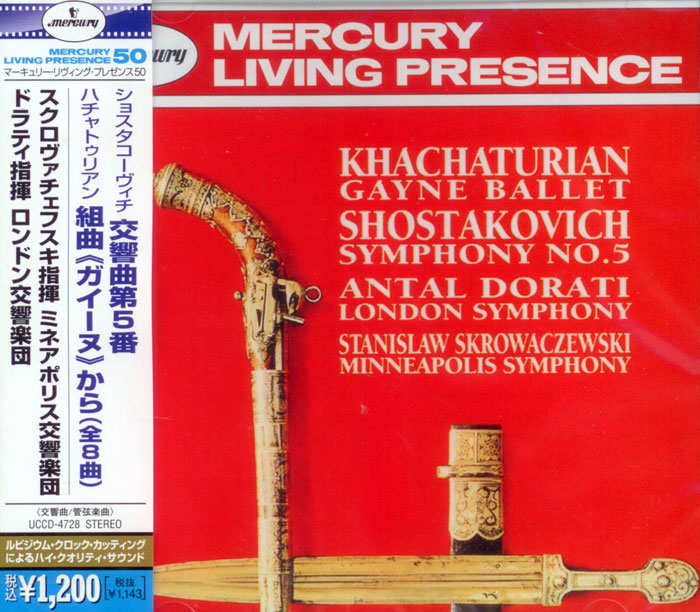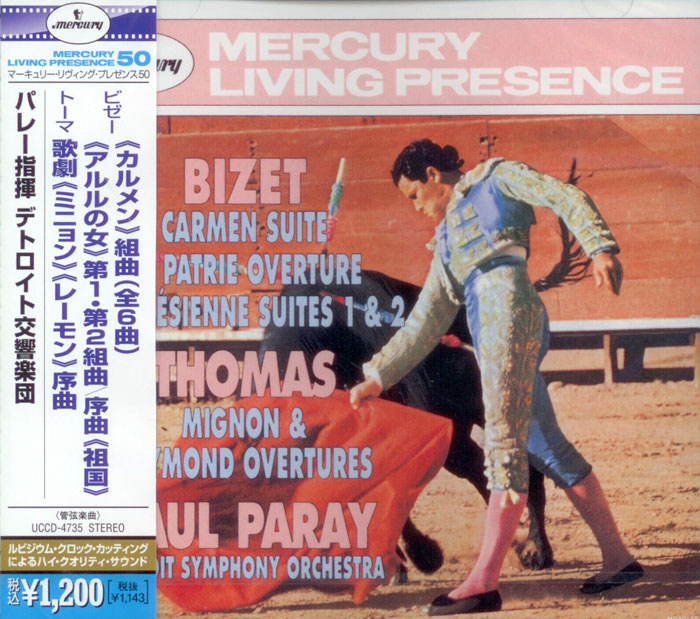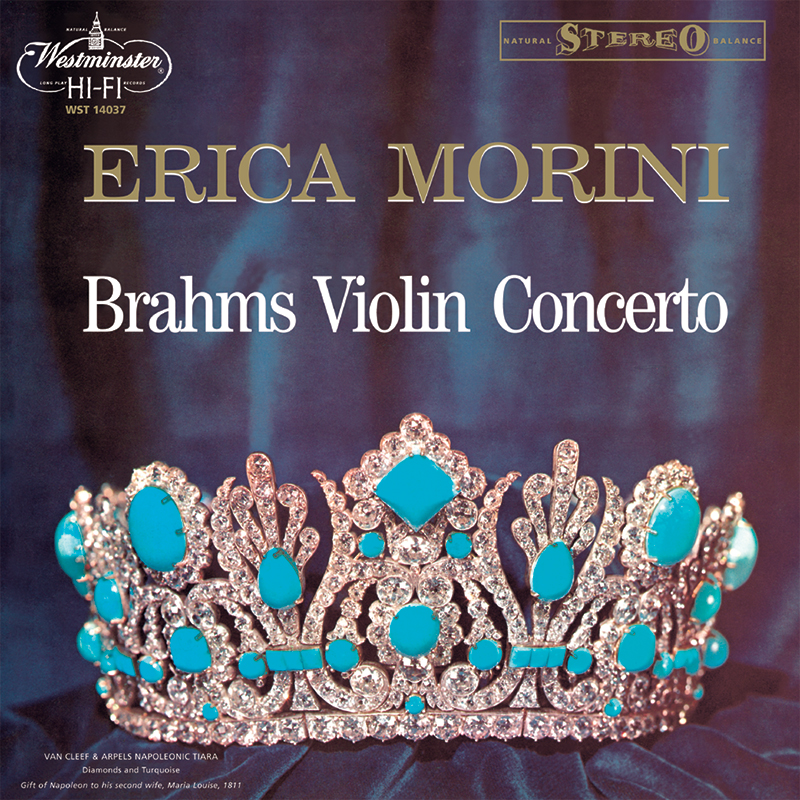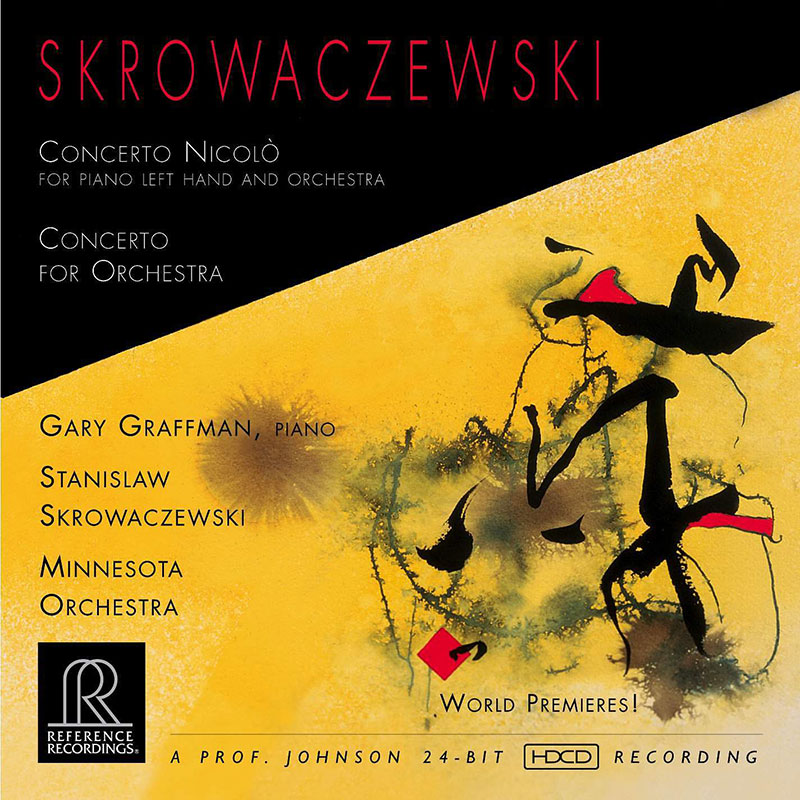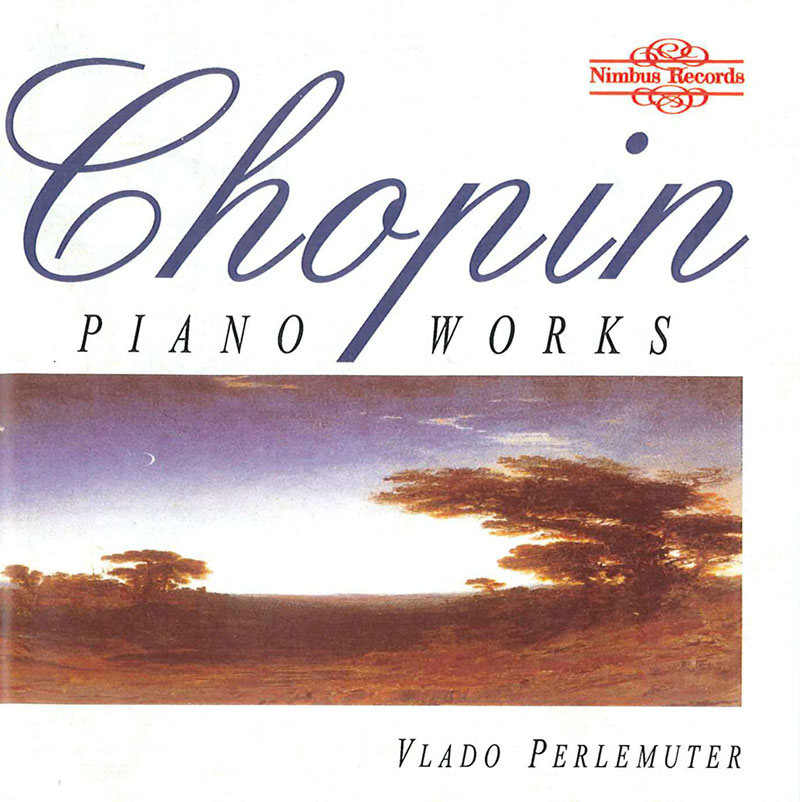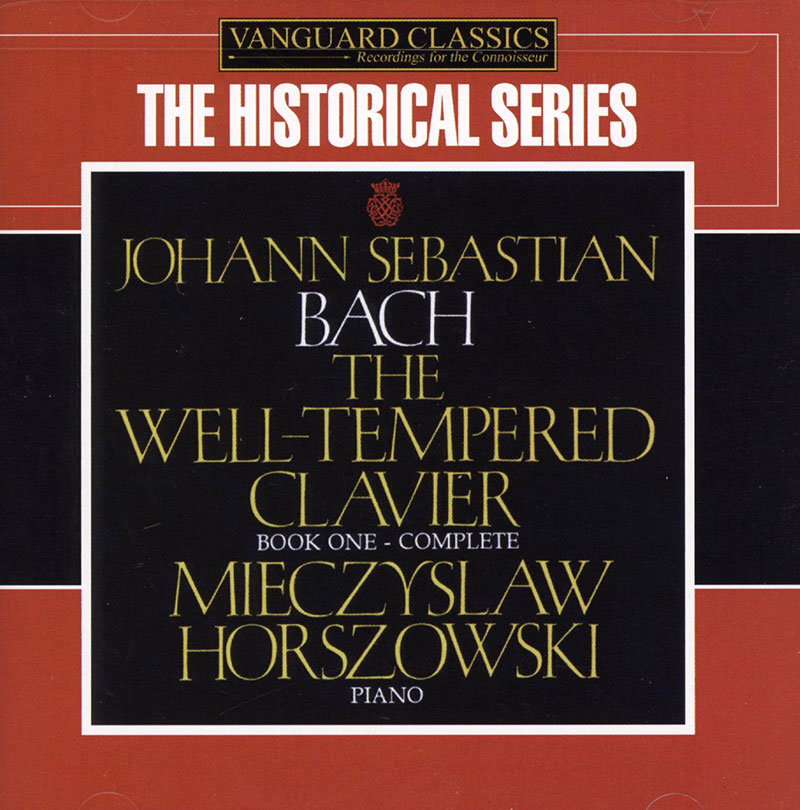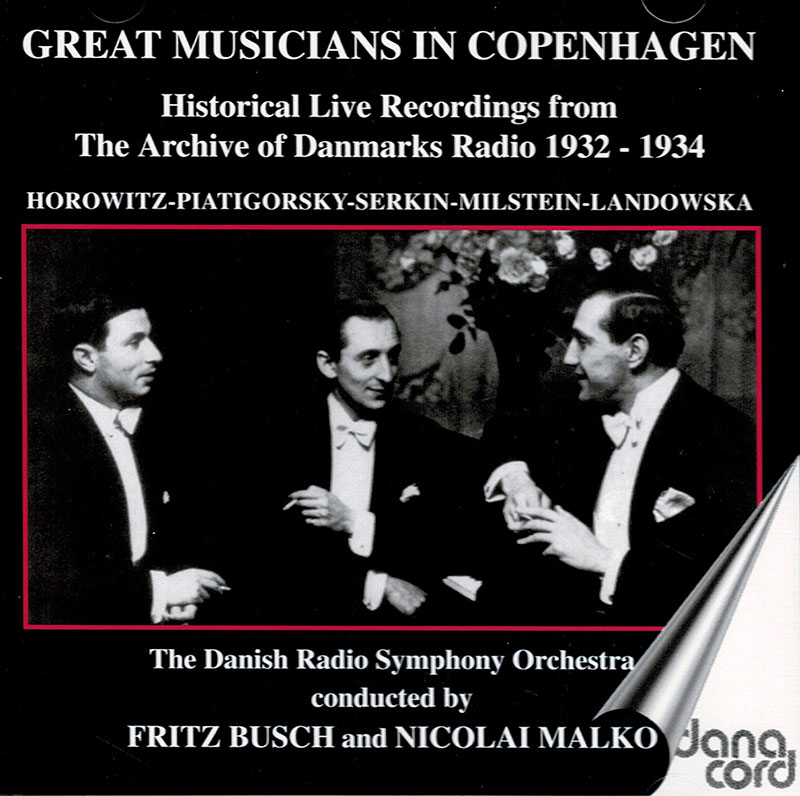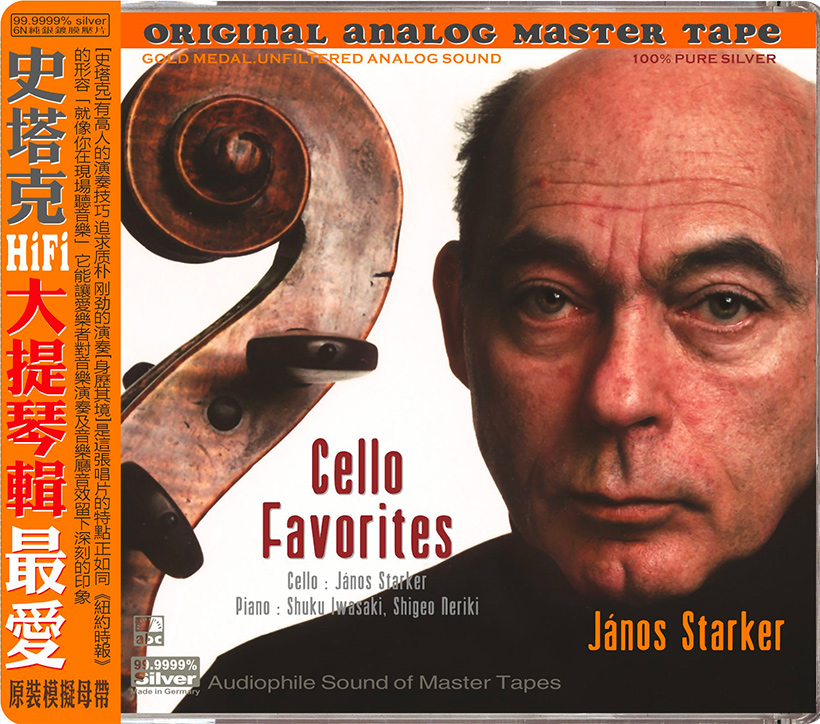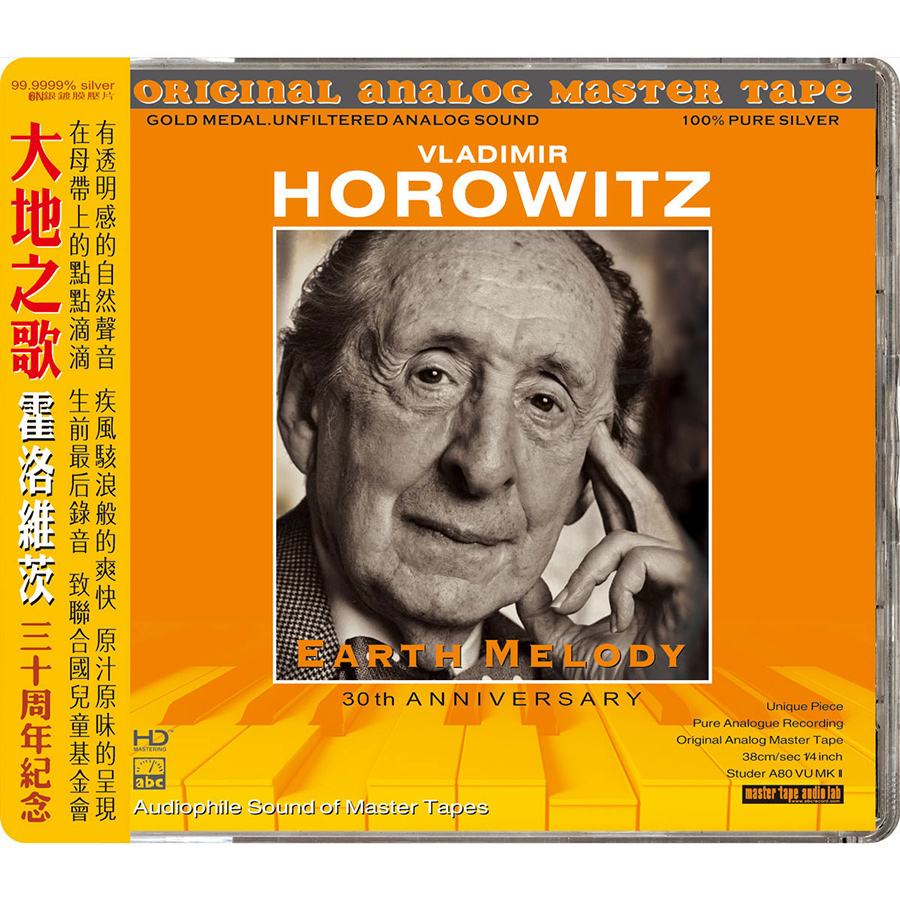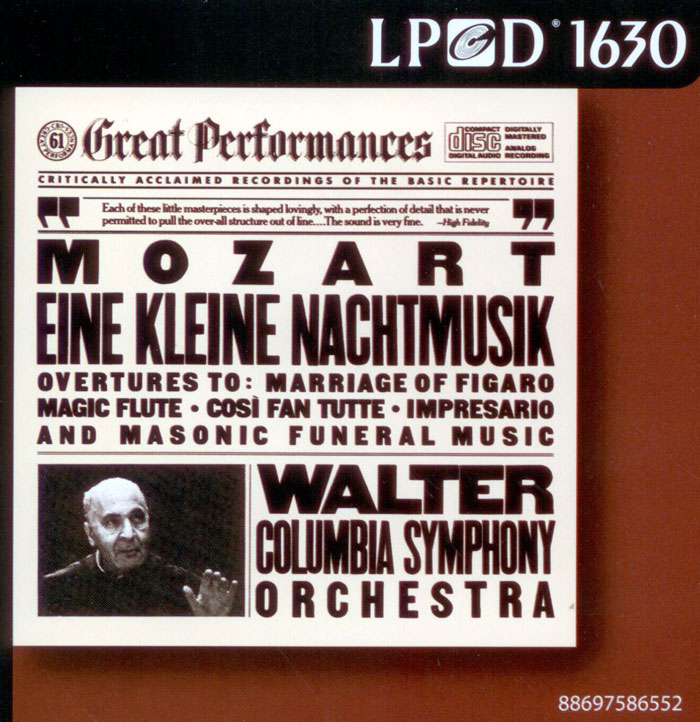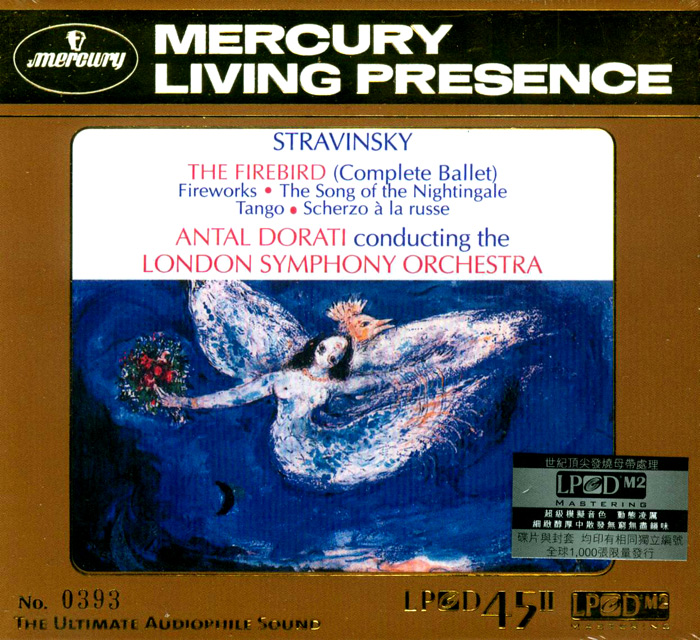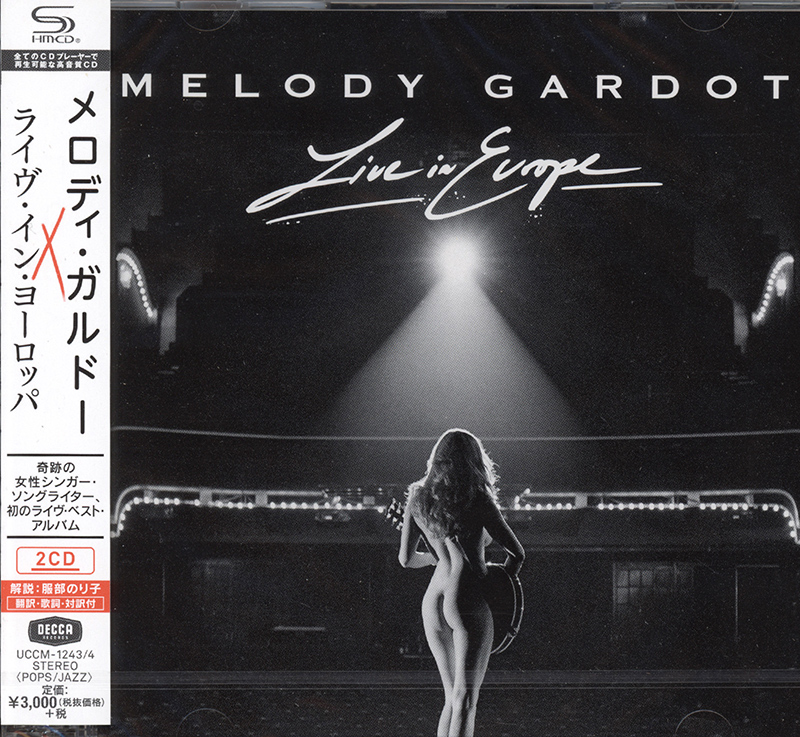Logowanie
Dlaczego wszystkjie inne nie brzmią tak jak te?
Chai Lang, Fan Tao, Broadcasting Chinese Orchestra
Illusive Butterfly
Butterly - motyl - to sekret i tajemnica muzyki chińskiej.
Brzmią jak sen na jawie
KHACHATURIAN, SHOSTAKOVICH, Antal Dorati, Stanislaw Skrowaczewski, The London Symphony Orchestra
Gayne / Symphony No. 5 in D minor, Op. 47
Stanisław Skrowaczewski,
Winylowy niezbędnik
ClearAudio
Cartridge Alignment Gauge - uniwersalny przyrząd do ustawiania geometrii wkładki i ramienia
Jedyny na rynku, tak wszechstronny i właściwy do każdego typu gramofonu!
ClearAudio
Harmo-nicer - nie tylko mata gramofonowa
Najlepsze rozwiązania leżą tuż obok
IDEALNA MATA ANTYPOŚLIZGOWA I ANTYWIBRACYJNA.
Osobowości
SKROWACZEWSKI, Stanislaw Skrowaczewski, Minnesota Orchestra
Concerto Nicolo for piano left hand and orchestra
WORLD PREMIERE!
SARASATE, SCHUMANN, SAINT-SAENS, FAURE, BRAHMS, Janos Starker
Cello Favorite
- Janos Starker - cello
- SARASATE
- SCHUMANN
- SAINT-SAENS
- FAURE
- BRAHMS
ULTRA Analog CD - AAD is a Digital Copy Of The Master Tape - SILVER CD
Cząsteczki srebra są jednolite i mają stały współczynnik odbicia, co zapewnia równą, reprodukcyjną jakość dźwięku. Posrebrzany `CD 6N ma również wyższy współczynnik odbicia niż 24-karatowe złoto.
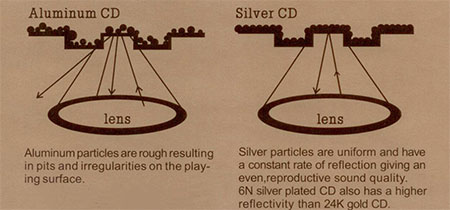 Najnowsze tłoczenie wersji HD tej płyty wykonano z wykorzystaniem srebra jako warstwy nośnej
Cellist Janos Starker was born in Hungary to music-loving Russian parents. From 1958 until his death, he taught at the Indiana University Jacobs School of Music, where he held the title of Distinguished Professor. Starker was especially influenced by Leo Weiner, a composer who taught chamber music. He said that for more than 50 years Weiner taught every prominent Hungarian musician to learn and understand music as a language.
Starker's stage demeanor and public persona were rather restrained and undemonstrative. Discerning critics have always tended to speak of the warmth and expressiveness of his playing. Another similarity to Heifetz lies in Starker's very focused tone, with a light, narrow, and quick vibrato. He proclaimed himself happier if, after a concert, people say "What beautiful music Schubert wrote" rather than "How well Starker plays." Similarly, he considered it at least as important to turn out the next generation of fine cello teachers as the next generation of star players.
Starker's playing style was intense and involved great technical mastery. According to some of his students, his technique revolved around long, legato notes, with very little shifting noise from his left hand, resulting in smooth, pure tones, "each note sounding like a jewel." Starker himself described his sound as "centered" and "focused." He was known for his ability to produce an extremely wide range of sounds and tone shading. He eschewed the wide vibrato favored by some of his peers—which he viewed as a cover for poor intonation—and was known for his patrician stage presence, preferring to let the music do the emoting. He quoted his long-time friend and colleague, György Sebők, who said, "Create excitement. Don't get excited."
Najnowsze tłoczenie wersji HD tej płyty wykonano z wykorzystaniem srebra jako warstwy nośnej
Cellist Janos Starker was born in Hungary to music-loving Russian parents. From 1958 until his death, he taught at the Indiana University Jacobs School of Music, where he held the title of Distinguished Professor. Starker was especially influenced by Leo Weiner, a composer who taught chamber music. He said that for more than 50 years Weiner taught every prominent Hungarian musician to learn and understand music as a language.
Starker's stage demeanor and public persona were rather restrained and undemonstrative. Discerning critics have always tended to speak of the warmth and expressiveness of his playing. Another similarity to Heifetz lies in Starker's very focused tone, with a light, narrow, and quick vibrato. He proclaimed himself happier if, after a concert, people say "What beautiful music Schubert wrote" rather than "How well Starker plays." Similarly, he considered it at least as important to turn out the next generation of fine cello teachers as the next generation of star players.
Starker's playing style was intense and involved great technical mastery. According to some of his students, his technique revolved around long, legato notes, with very little shifting noise from his left hand, resulting in smooth, pure tones, "each note sounding like a jewel." Starker himself described his sound as "centered" and "focused." He was known for his ability to produce an extremely wide range of sounds and tone shading. He eschewed the wide vibrato favored by some of his peers—which he viewed as a cover for poor intonation—and was known for his patrician stage presence, preferring to let the music do the emoting. He quoted his long-time friend and colleague, György Sebők, who said, "Create excitement. Don't get excited."
 Zapraszamy
Zapraszamy






